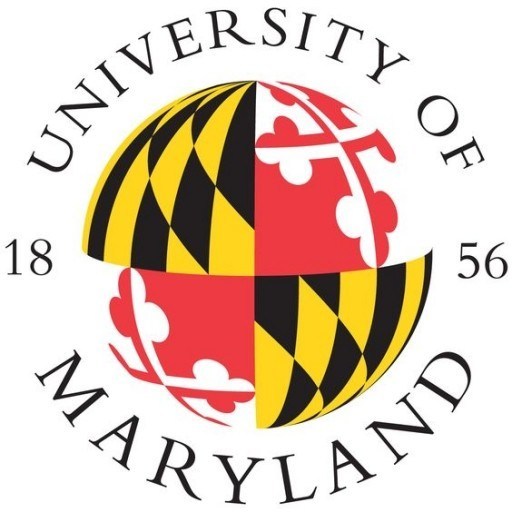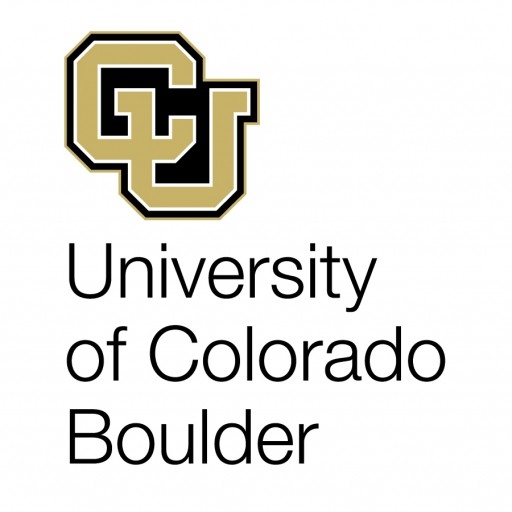Photos of university / #georgiatech
The first year focuses on coursework in the areas of chemistry, mathematics, physics, humanities, social sciences. The second year adds coursework in general engineering sciences and aerospace specific disciplines. The third and fourth years emphasize aerospace disciplines, vehicle systems integration and design, and Options courses that allow students to individualize their education.The undergraduate curriculum is designed to provide each student with a general background for employment in industry or government, or advanced study in graduate school at the end of four years. The program stresses the analytical, experimental, and design aspects of aerospace engineering. A certain degree of specialization is available to undergraduate students through the proper choice of Options and through a choice of air- or space-focused tracks. In addition, opportunities for undergraduate research and team competition courses are available, depending on the student's abilities and career objectives. Courses do not have to be taken during the specific semester indicated in the curriculum, but all prerequisites must be satisfied for each course. Advisement is encouraged before registration, with each student assigned a faculty advisor who remains the same for the full undergraduate program, unless the student requests a change. Students should consult with academic advisors for the availability of courses and recommended course sequences.
Educational Objectives
The undergraduate aerospace engineering degree program is designed to achieve the following objectives:
- Our graduates will be technically proficient and effective leaders and entrepreneurs. They will display high professional and ethical standards in aerospace engineering and related fields, and within industry, academia, and government.
- Our graduates will create new knowledge and engineering practices and develop products and services that have a global impact. They will collaborate with international partners and engage in culturally diverse teams.
- Our graduates will be life-long learners, continually developing their leadership, critical thinking, and problem-solving skills. They will be actively engaged in the acquisition and advancement of knowledge and technical expertise through research and development, and through active participation in professional societies, graduate studies, conferences, and symposia.
- Our graduates will transfer the knowledge gained from their aerospace engineering degrees to new fields that intersect with aerospace engineering such as robotics, medicine, and clean energy. They will use their degrees as a launching point for careers in other professional fields such as law, medicine, and public service.
| Wellness | ||
| APPH 1040 | Sci Foundation of Health | 2 |
| or APPH 1050 | Sci of Phys Act & Health | |
| Core A - Essential Skills | ||
| ENGL 1101 | English Composition I | 3 |
| ENGL 1102 | English Composition II | 3 |
| MATH 1552 | Integral Calculus 1 | 4 |
| Core B - Institutional Options | ||
| CS 1371 | Computing for Engineers | 3 |
| Core C - Humanities | ||
| Any HUM | 6 | |
| Core D - Science, Math, & Technology | ||
| PHYS 2211 | Intro Physics I 2 | 4 |
| PHYS 2212 | Intro Physics II 1,3 | 4 |
| MATH 1551 | Differential Calculus | 2 |
| MATH 1553 | Intro to Linear Algebra | 2 |
| Core E - Social Sciences | ||
| Select one of the following: | 3 | |
|
HIST 2111 |
United States to 1877 | |
|
HIST 2112 |
United States since 1877 | |
|
INTA 1200 |
American Government | |
|
POL 1101 |
Government of the U.S. | |
|
PUBP 3000 |
US Constitutional Issues | |
| Select one of the following: | 3 | |
|
ECON 2100 |
Economics and Policy | |
|
ECON 2101 |
The Global Economy | |
|
ECON 2105 |
Prin of Macroeconomics | |
|
ECON 2106 |
Prin of Microeconomics | |
| Any SS | 6 | |
| Core F - Courses Related to Major | ||
| MATH 2551 | Multivariable Calculus 1 | 4 |
| MATH 2552 | Differential Equations 1 | 4 |
| MSE 2001 | Prin&Appl-Engr Materials | 3 |
| CHEM 1310 | General Chemistry | 4 |
| AE 1601 | Introduction to AE | 1 |
| COE 2001 | Statics 1 | 2 |
| Major Requirements | ||
| AE 2010 | Thermodyn&Fluids Fundam 1 | 4 |
| AE 2220 | Dynamics 1 | 3 |
| COE 3001 | Deformable Bodies | 3 |
| AE 2610 | Intro Exper Methods AE | 1 |
| AE 2611 | Technical Commun for AE | 1 |
| AE 3330 | Intro AE Vehicle Perform | 3 |
| AE 3030 | Aerodynamics | 4 |
| AE 3140 | Structural Analysis | 3 |
| AE 3340 | Design&System Eng Method | 2 |
| AE 3530 | Sys Dynamics&Vibration | 3 |
| AE 3531 | Ctrl Sys Analysis&Design | 3 |
| AE 3610 | Exper Fluids&Solid Mech | 2 |
| AE 4531 | Aircraft Flight Dynamics | 3 |
| or AE 4532 | Spacecraft Flight Dynam | |
| AE 4451 | Jet & Rocket Propulsion | 3 |
| AE 4341 | Aircraft Design | 3 |
| or AE 4342 | Space System Design | |
| or AE 4343 | Rotorcraft Design | |
| AE 4610 | Dynamics & Control Lab | 2 |
| AE Options 4 | 8 | |
| Non-AE Required Courses | ||
| ME 1770 | Intro to Engr Graphics | 3 |
| ECE 3710 | Circuits & Electronics | 2 |
| ECE 3741 | Instrum & Electronic Lab | 1 |
| Math Option 5 | 3 | |
| Free Electives | ||
| Free Electives 6 | 9 | |
| Total Credit Hours | 132 | |
Pass-fail only allowed for Free Electives.
| 1 |
Minimum grade of C required. |
| 2 |
If PHYS 2231 (5 credit hours) is taken, excess hour applies to Free Electives. |
| 3 |
If PHYS 2232 (5 credit hours) is taken, excess hour applies to Free Electives. |
| 4 |
AE courses from list supplied by School |
| 5 |
Math Options: MATH 3215, MATH 3670, MATH 4305, MATH 4317, MATH 4320, MATH 4347, MATH 4541, MATH 4581, MATH 4640 |
| 6 |
ME 2202, ME 3015, ME 3322, and PHYS 2XXX (AP credit) are not allowed. |
- A grade of C or better is required in each 1000 and 2000 level mathematics and physics course; a course with a D or F grade must be repeated the next semester the student is in residence.
- A 2.0 or higher overall grade-point average is required to schedule COE 2001 and AE courses at the 2000 level.
- No more than two D grades are permitted in AE and COE courses listed by number in the sophomore, junior, and senior years.
- Courses in which a D was earned may be repeated at any time with the approval of an advisor.
Requirements
- The non-refundable freshman application fee is $75 (international applicants: $85). Students who pay an application fee but do not submit an application will not have their fee refunded.
- Included with the Common Application and Georgia Tech Questions is one long essay and two short answer essays. The purpose of the essays is to assess your writing ability and, more importantly, to learn more about you as an individual. This portion of the application helps us get to know you, assess mutual fit and better understand what you could contribute to Georgia Tech.
- TOEFL or IELTS scores
- We will only accept one (1) recommendation from your counselor and one (1) from the teacher of your choice. Any additional recommendations will not be considered with your application.
- Interview
- The GPA we consider is the one taken directly from your high school transcript. We will use a 100 point GPA, if available, and weighted, if available. If not, we’re happy to consider a 4.0 GPA or similar and/or unweighted GPA.
- If your high school does not provide a GPA or you have attended multiple high schools, we will recalculate a weighted 4.0 GPA (0.5 points added for AP, IB, Dual Enrollment & AICE courses) using core courses only.
- To help us better understand your high school and its curriculum, your counselor will submit a School Report form and/or School Profile with your transcript.
- The University System of Georgia requires minimum academic courses of all first time students, though most applicants exceed those in at least one area. USG requirements include:
- English - 4 Units
- Math - 4 Units
- Science - 4 Units
- Social Science - 3 Units
- Foreign Language - 2 Units
Want to improve your English level for admission?
Prepare for the program requirements with English Online by the British Council.
- ✔️ Flexible study schedule
- ✔️ Experienced teachers
- ✔️ Certificate upon completion
📘 Recommended for students with an IELTS level of 6.0 or below.
Scholarships
- President's Scholarship Program









